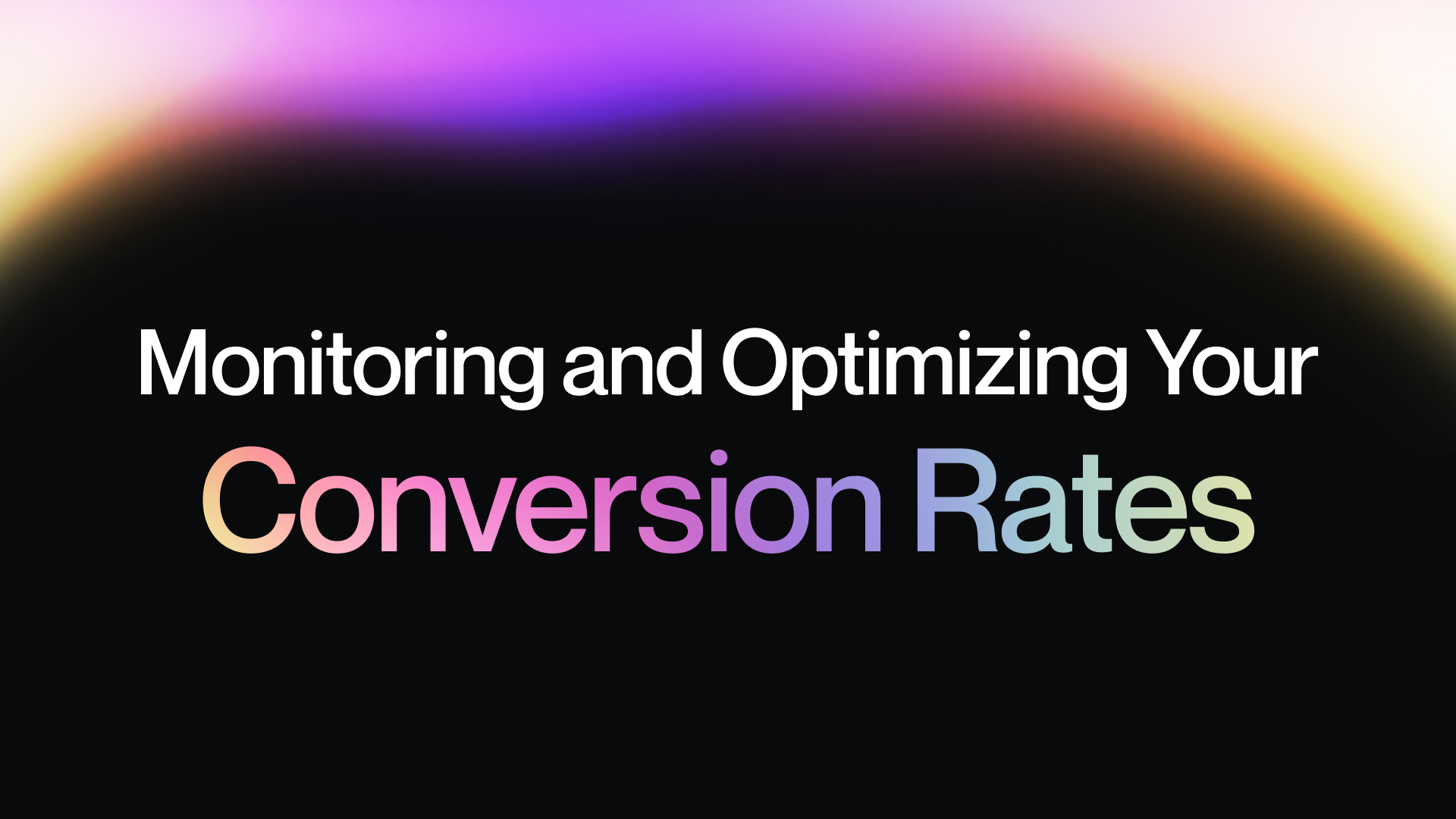Digital marketing has become a crucial element of modern business strategies.
As the significance of maintaining an online presence grows, it's vital to assess the effectiveness of your digital marketing efforts.
This evaluation helps identify the strengths of your campaigns and highlights areas for enhancement.
In this article, we will explore methods to accurately gauge the success of your digital marketing campaigns.
1. Setting Clear Goals and Identifying Key Performance Indicators (KPIs)
%20copy.webp)
Initiating the evaluation of your digital marketing campaigns begins with defining your goals and Key Performance Indicators (KPIs).
These objectives should be precise, quantifiable, achievable, time-bound, and pertinent to your strategy.
Consider a scenario where you're introducing a new product; your goal could be to boost sales by 20% within the upcoming quarter.
KPIs are critical metrics that help monitor your advancement towards these goals.
Common examples of KPIs include metrics like website traffic, conversion rates, social media interactions, and email open rates.
2. Monitoring Your Website Traffic Effectively
Tracking website traffic stands as a crucial metric in evaluating digital marketing effectiveness.
Website traffic refers to the volume of visitors your site receives.
By watching this traffic, you gain valuable insights into how well your digital marketing strategies are performing.
Data-driven marketing utilizes tools like Google Analytics can help in tracking this traffic and pinpointing its sources, which may include organic search, social media channels, email marketing efforts, and paid advertising campaigns.
Monitoring and Optimizing Your Conversion Rates

Conversion rate is a chunk of website visitors who take a desired action like making a purchase or completing a contact form, is a key metric.
Monitoring your conversion rates is essential as it reveals the effectiveness of your website in turning visitors into customers.
Again, tools like Google Analytics are invaluable for tracking your conversion rate, offering insights into which pages on your website are most effective at generating conversions.
The conversion rate, measuring the percentage of website visitors engaging in a desired activity such as purchasing a product or filling out a contact form, is a critical indicator of success.
Keeping track of your conversion rate is crucial for understanding how successfully your website is converting visitors into customers.
They not only help track your conversion rate but also provide valuable data on which specific pages of your website are the most effective in driving these conversions.
Monitoring Key Metrics in Email Marketing

Email marketing serves as an effective channel for directly engaging with your target audience.
To assess the success of your email marketing campaigns, it's important to monitor metrics like open rates, click-through rates, and conversion rates.
Open rates represent the percentage of recipients who opened your email, click-through rates indicate the percentage who clicked on a link within your email, and conversion rates reflect the percentage who completed a desired action, such as making a purchase or filling out a contact form.
By tracking these metrics, you can evaluate the impact of your email marketing efforts and make necessary adjustments to enhance your results.
Analyzing the Return on Investment (ROI) of Your Campaigns
Determining the success of your digital marketing efforts ultimately hinges on the return on investment (ROI).
ROI is a measure of the financial returns from your digital marketing campaigns relative to the expenditure incurred.
To compute your ROI, take the revenue generated by these campaigns and subtract the total costs, then divide this difference by the total costs.
A positive ROI signifies that your digital marketing campaigns are yielding profitable results.
Final Thoughts
Accurately evaluating the performance of your digital marketing campaigns is essential.
It allows you to understand the impact of your strategies and guides you in making data-driven decisions to enhance your outcomes.
Click here to get your digital advertising journey started today!
Author


.jpg)
